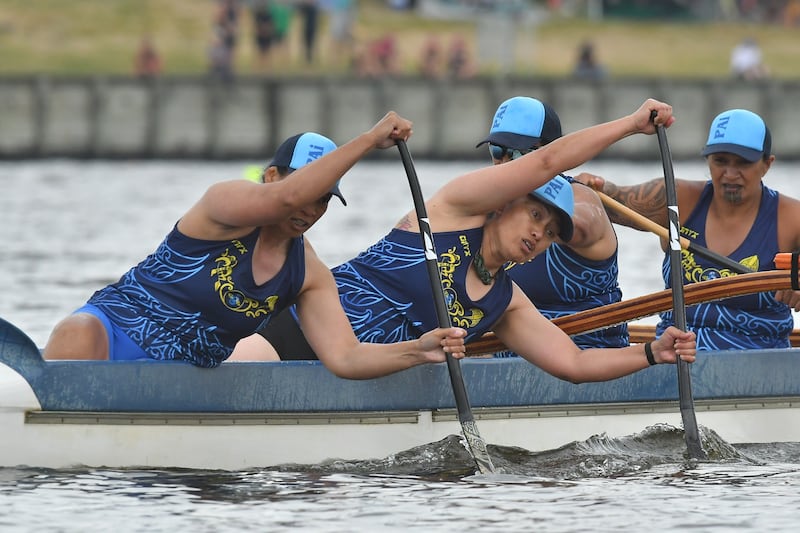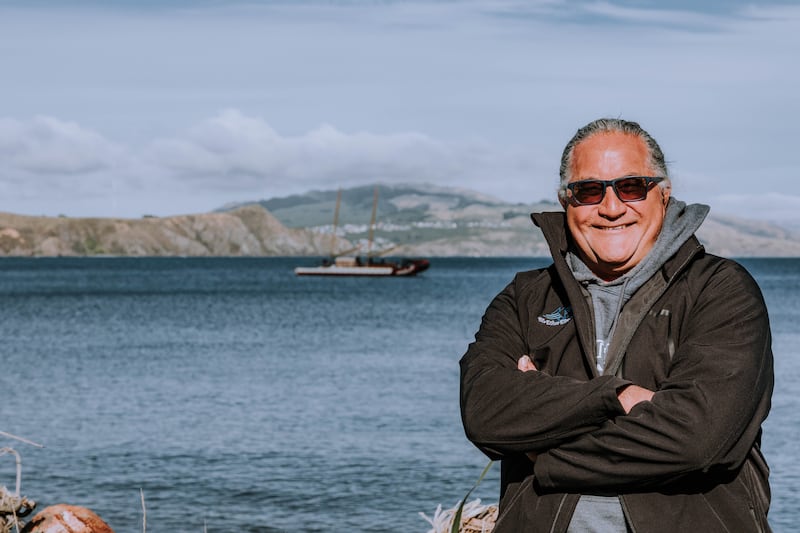As the Waka Ama Sprints Nationals comes to an end tomorrow, organisers reflect on how the sport has evolved into one of New Zealand’s fastest-growing water sports, which draws participants from all walks of life. Despite the growth, it’s not without its financial limitations.
The organising body, Waka Ama New Zealand (Waka Ama NZ), faces the challenge of managing national competitions and assisting regions with fundraising; however, the modest budgets are a challenge they’re striving to overcome.
He kongakonga noa iho te moni ka whakawhiwhia
While major sponsors and government grants provide some assistance, organisers say the sport has yet to receive the level of financial backing seen in other mainstream sports, such as rowing.
Rowing was the top sport publicly funded in New Zealand. In the recent funding round, High Performance Sport New Zealand granted NZ Rowing $6m per year. Yachting receives $4.2m a year. Canoe Racing and Para Canoe receive $2.6m, and Waka Ama receives $150,000 per year in comparison.

Waka Ama NZ CEO Lara Collins has acknowledged the biggest challenge for the Waka Ama teams in particular is the support for growing numbers.
“It’s our job as Waka Ama NZ to try and increase that capability at a club level and regional level, however we can.”
Collins says the organisation works hard to deliver the best possible experience for competitors but takes lessons learned over the national competition’s long history.
“What this competition has taught us in the last 35 years since its inception is that we do our best with what we have, and we’ll continue to do that.”
Hei oranga tinana, wairua, hinengaro
Despite these financial constraints, Waka Ama NZ continues to foster a sport that continues to be enjoyed by many. Waka Ama legend and renowned voyager, Hoturoa Kerr, said it’s more than an ancient sport but a lifestyle.
“Kāore e kore! Kei te ao whānui i te ao Waka. Kei te whakapiki anō hoki te nama o ngā tāngata i tae mai nei, koirā i ngā tāngata nō Tahiti kua tae mai ki te kite i tēnei tūmomo whakataetae.

“There’s no doubt that the entire world is also seeing the world of Waka as well. The numbers have increased [in the competition] that have attended. The same goes for the Tahitians who have arrived to witness this particular competition.
Collins says they will continue to be strategic in ensuring the sustainability of the sport in Aotearoa. It’s important now more than ever as she warns, in the next 6 years it’s likely that the international sprint comp will be hosted again here in Aotearoa, bringing in paddlers from across the globe.



